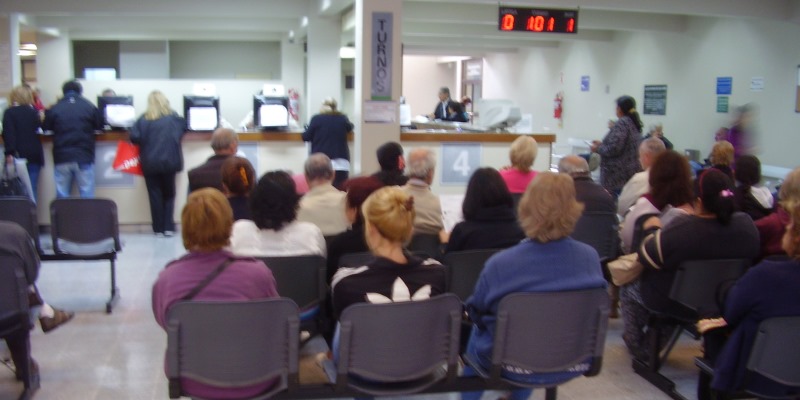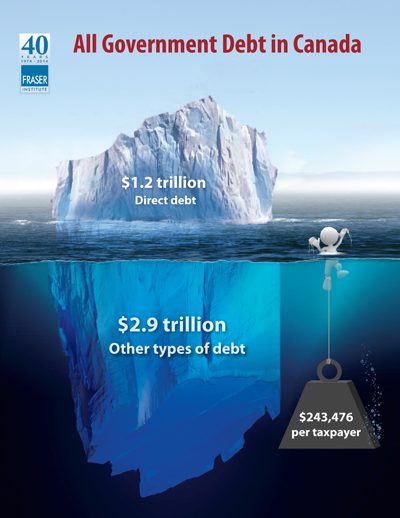Breakthrough medicines take an average of 10 to 15 years of research and development—and $2.6 billion—before reaching market.
medicare
The Swiss, Dutch and German systems rely on consumers buying from many private insurers.
In 2016, the median wait to see a specialist for treatment after receiving a referral from a GP was 20 weeks.
Canadian Medicare did not start out as a national institution. It started in one province, Saskatchewan, and spread to others over the years.
Those opposed to market-based health care reform do their best to scare Canadians, suggesting that the introduction of private competition will lead to longer wait times, higher costs, and poorer quality, particularly for lower-income individuals and families. Reality, however, is considerably different. International experience suggests that private competition is a fundamental feature of a high-performing, universal access health care system.
Imagine receiving a credit card bill that totaled $243,476. This would no doubt be a shock for most Canadians. But if you add up all the liabilities of every Canadian government "federal, provincial, and local" that is in fact how much each taxpayer would owe of the $4.1 trillion total in direct debt and unfunded liabilities.
This admittedly is a very large number and much bigger than what is usually talked about by both politicians and pundits alike. So let's deconstruct it to gain a better understanding.
A recent testimony before a U.S. Senate subcommittee by Dr. Danielle Martin, former head of the Canadian Doctors for Medicare, has given Canadians the chance to indulge in what may be a favourite pastime - criticizing the American health care system.




